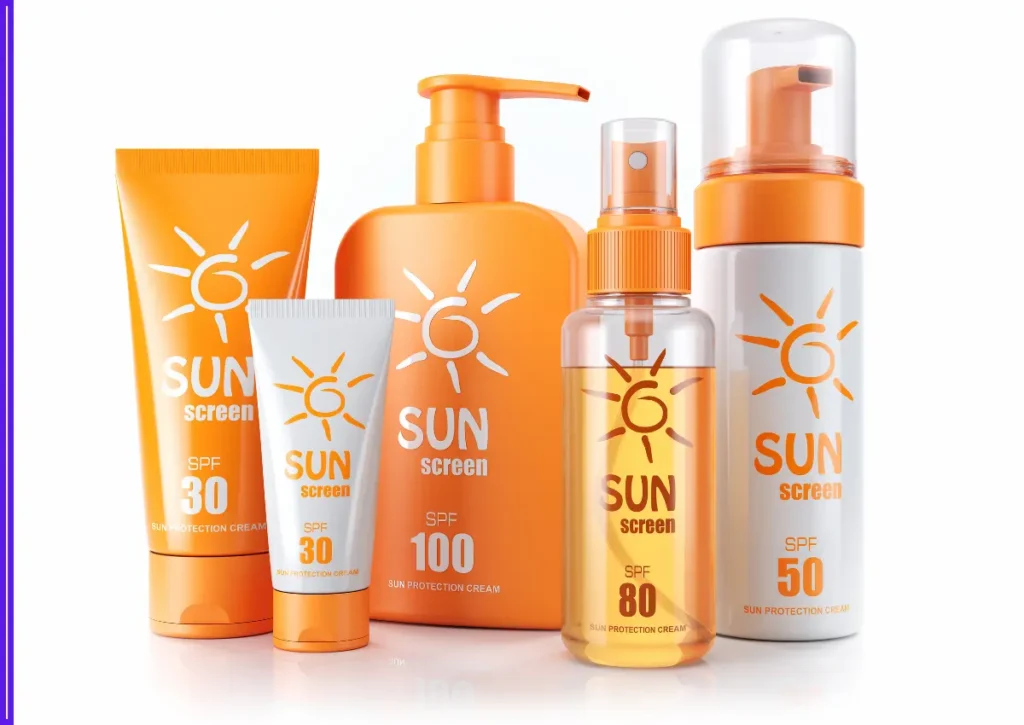Sydney, A major investigation by Choice, Australia’s leading consumer watchdog, has found that 16 out of 20 widely used SPF 50 or 50+ sunscreens failed to deliver the sun protection promised.

Key findings
- Ultra Violette Lean Screen SPF 50+ recorded an alarmingly low SPF of 4–5—over 10 times below its advertised level—when independently tested, with a German lab validating Choice’s results.
- Other underperformers included Banana Boat SPF 50+ (~SPF 35), **Bond
Popular Australian Sunscreens Failing SPF Claims, New Study Reveals
SYDNEY, – A new investigation by consumer advocacy group Choice has raised serious concerns about the reliability of several popular sunscreen brands sold in Australia, revealing that some products fail to deliver the level of sun protection advertised on their labels.
According to the study, which independently tested 21 sunscreen products marketed as SPF 50+ or above, four of them did not meet the minimum protection required under Australian standards. One product reportedly provided only SPF 20, significantly lower than its claimed SPF 50+.
“We’re alarmed to find that some well-known brands are still falling short despite strict regulations,” said Choice spokesperson Marg Rafferty. “Consumers trust that these products will protect them from harmful UV radiation. When they don’t, the risks are real — especially in a country like Australia with some of the highest skin cancer rates in the world.”
Among the worst performers were products from major pharmacy and supermarket brands. Choice has notified the manufacturers and called on the Therapeutic Goods Administration (TGA) to take urgent action to ensure compliance and transparency.
On a positive note, several products did meet or exceed their SPF claims, including sunscreens from Cancer Council, Nivea, and Bondi Sands, offering reassurance for consumers who rely on these brands during the harsh summer months.
The findings serve as a timely reminder for Australians to remain cautious. “Apply sunscreen generously and regularly, but don’t rely on it alone — wear protective clothing, seek shade, and avoid peak UV hours,” said Rafferty.
With skin cancer prevention an ongoing national priority, the study is expected to trigger further scrutiny of sun protection products across the market.









